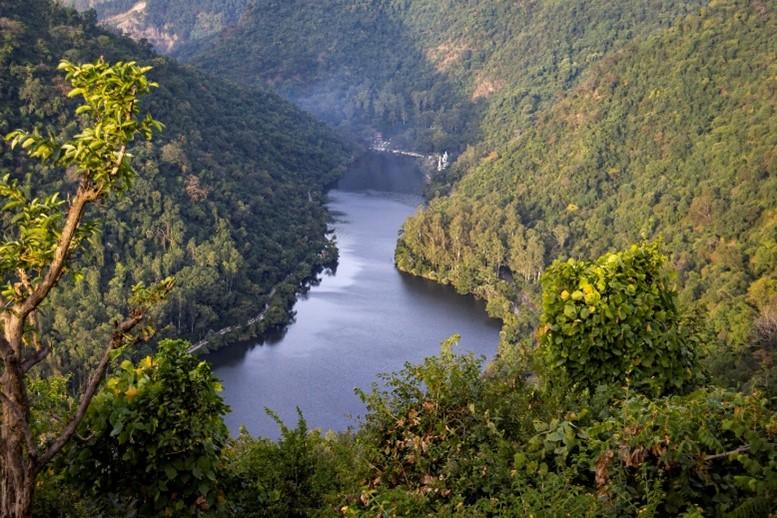Context
Wetland authorities in India lack skills and resources to apply integrated management plans that protect biodiversity, support livelihoods, and enhance climate resilience.
Objective
Based on an integrated approach, wetland management plans have been developed and adopted.
Approach
The project trains authorities on ecosystem-based integrated wetland planning and management, sets up a monitoring system, and promotes knowledge networks andcommunity-led conservation alongside nature-based livelihoods.

